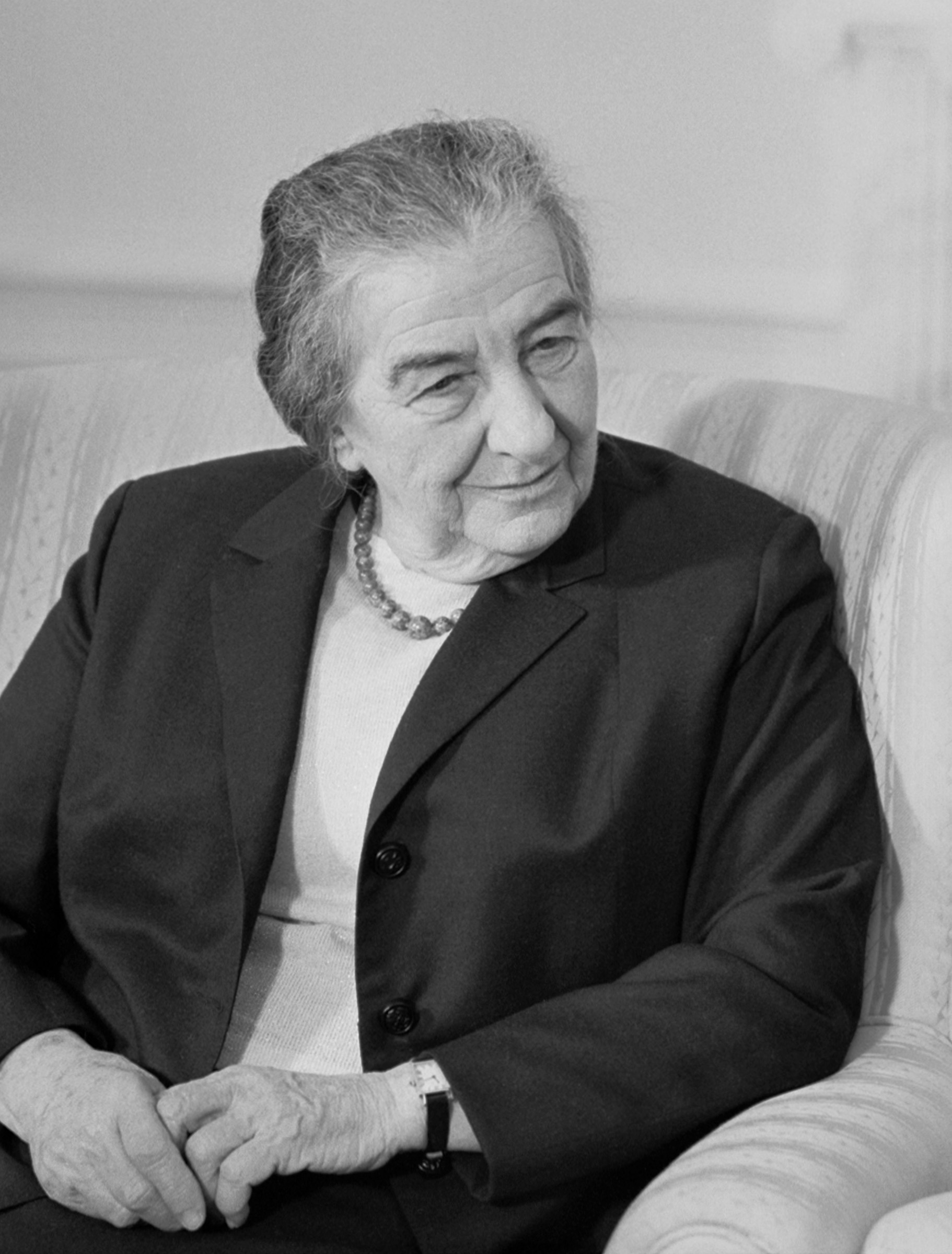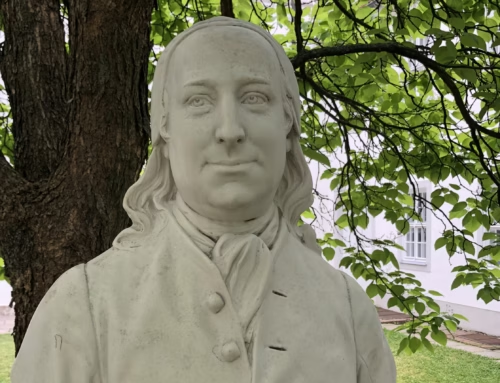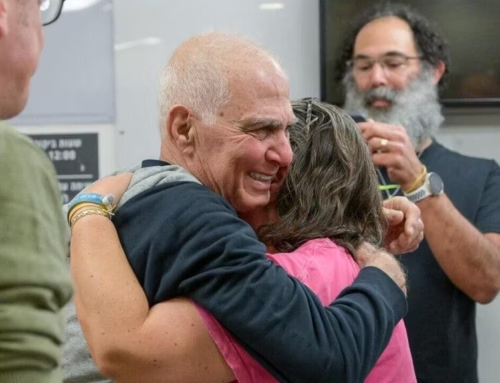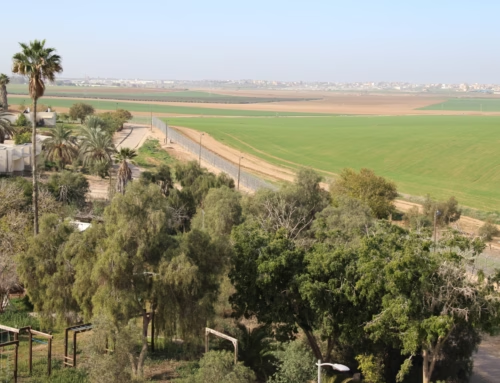Golda Meir – a symbol in Ukraine
Kiev-born Golda Meir has been a symbol of hope for many Ukrainians since Russia launched its war against Ukraine in February. Her words have appeared in pro-Ukrainian proverbs, been quoted by Ukrainian diplomats and even pulled out from backpacks of Ukrainian soldiers.

Golda Meir was Israel’s first female prime minister. Photo: Marion S. Trikosko
Golda Meir was born in May 1898 in Kiev, present-day Ukraine, but emigrated as a child with her family to Wisconsin, USA in 1906 due to the pogroms in Eastern Europe. After marrying, she and her husband emigrated to the then-British Palestinian Mandate in 1921 and settled on the Merhavia kibbutz in the Jezreel Valley. In 1924, the couple left the kibbutz and lived briefly in Tel Aviv before setting up home in Jerusalem where they had two children. In the years between 1928 and 1934, she was secretary of the Labor Party’s Women’s Labor Council, which required her to spend a period in the United States. In July 1938, Golda Meir was the Jewish observer from the British Palestinian Mandate at the Evian Conference, where delegates from 32 invited countries laid out why their countries could not assist in receiving Jewish refugees.
Female head of government
In early 1948, Golda Meir traveled to the United States and raised $ 50 million which was used to buy weapons in Europe for the new country. Four days before Israel was proclaimed a state, she traveled to Amman, disguised as an Arab woman, for a secret meeting with King Abdullah I of Transjordan. Meir was one of 24 signatories to the Israeli Declaration of Independence on May 14, 1948. She was appointed Israeli Ambassador to the Soviet Union September 2, 1948 – March 1949. In 1949, Golda Meir was elected to the Knesset for the Labor Party and served uninterruptedly until 1974. Golda served as Minister of Labor, Minister of Foreign Affairs and then as Israel’s Fourth Prime Minister from March 17, 1969 to June 3, 1974. Golda Meir was the first woman to become Prime Minister of Israel. On December 8, 1978 she died of lymphoma in Jerusalem at the age of 80. Golda Meir is buried on Mount Herzl in Jerusalem.
Symbol of hope
Kiev-born Golda Meir has recently become a symbol of hope for many Ukrainians. Israel’s fourth prime minister, whose family fled anti-Semitic violence in the Tsarist Russian empire has been a major figure since Russia began its war with Ukraine in late February. A statement attributed to her has appeared as a pro-Ukrainian proverbs, been cited by Ukrainian diplomats and even pulled out of the backpack by a Ukrainian soldiers. One such statement has been adapted to now say: “If Russia lays down its weapons, there is no war. If Ukraine lays down its arms, there is no Ukraine,” writes the Times of Israel. The quote is attributed to Golda Meir after the Yom Kippur War in 1973 which Israel won, after Egypt and Syria had been amassing troops on its borders for months and invaded Israel from multiple directions. “Meir’s modest connection to Ukraine was sufficient for the [Ukrainian] state to embrace her as ‘one of our own’,” Eli Belotserkovsky, Israel’s then ambassador to Ukraine, told the Jerusalem Post in 2018.



